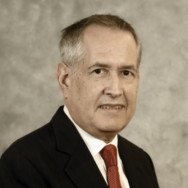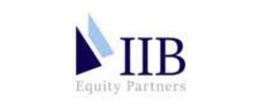There is an old joke about a Jewish mother (forgive the stereotype) who keeps screaming out “Oy the agony! Oy the ecstasy! Oy the agony! Oy the ecstasy”! A stranger comes up to her and asks “Madam, what’s the agony”? She responds “It’s my daughter, she’s eloped! Oy the agony! Oy the ecstasy”! The stranger asks “So what’s the ecstasy”? The Jewish mother responds “He’s a nice young doctor”!
Life has its agonies and ecstasies and as in the story above, some things can be both agonies and ecstasies.
Case in point: People are living longer. The average life span in the US in 1984 was approximately 74.7 years. By 2014, it rose to 79.8. In Israel, the news is even better. The average life span in 1984 was about 74.8, similar to the US. However, in 2014, it rose to 82.1, showing that the average life span in Israel is approximately 2 years longer than in the US. The ecstasy.
So what is the agony? The answer for many is our expanding lifespans. Huh? Didn’t you just say that our expanding lifespans is the ecstasy? Isn’t it better to live longer?
The problem is that we will live more years in retirement. Whereas 30 years ago we would retire at 65 and live 9 years on our retirement savings, today we retire at 67 and live 15 years or more in retirement. The agony is that our savings may die before we do.
With that depressing thought, you may be happy to know there are solutions. Among them:
- Defer retirement. By working longer, we increase our savings. Additionally, our monthly pensions and other retirement benefits such as Bituach Leumi can potentially increase. Finally, working longer means that we will spend fewer years in retirement.
- Save more. Current Israeli law makes pensions mandatory for workers. You can add to your retirement savings by taking advantage of tax “gifts” such as “Tikkun 190”, which under certain circumstances allows you to deposit investments in an account that will be tax deferred and quite possibly tax free.
- Spend less. The traditional rule of thumb has been to withdraw up to 4% of your savings annually during retirement. However, many financial experts believe that given the low interest rate environment, that may be too much.
- Take more investment risk. We are likely to have low interest rates for a few more years. One way of increasing the returns on your portfolio is to increase your allocation to stocks. While stocks are more risky than many other investments, they also have higher return potential. Consider investing in stocks that pay high dividends. Many of these stocks pay dividend yields that are far higher than current interest rates.
How much will I need in retirement?
You will hear a lot of people say that to calculate what you will need in retirement, you should use a percentage of your previous income during your working years. Some advisors say 70%, others say 80% and others say 90%. My view is that this is completely wrong. Your retirement should be based on your needs during retirement, not on what you previously earned. Many people will see their expenses drop significantly during retirement, with mortgages being paid off, kids out of the house and a decline in work related expenses, such as commuting. Others may see their expenses rise, with increased travel, higher medical expenses and the desire to help their children and grandchildren financially.
How will I fund my retirement?
Your investments, savings and pensions are designed to fund your retirement. You can also extract cash by downsizing – selling your current residence and buying or renting a smaller one.
In summary, there are no set retirement rules – everyone should calculate their own needs and how they will fund them. A qualified independent financial advisor can help you with this process.
The information is not intended to be and does not constitute financial advice or any other advice. It is general in nature and not specific to you. Before using this information to make an investment decision, you should seek the advice of a qualified investment advisor and undertake your own due diligence.
Richard Gussow is a Certified Financial Planner and Investment Marketer licensed with the Israel Securities Authority. You can read more about financial planning in Israel at his website: www.richardgussow.com



